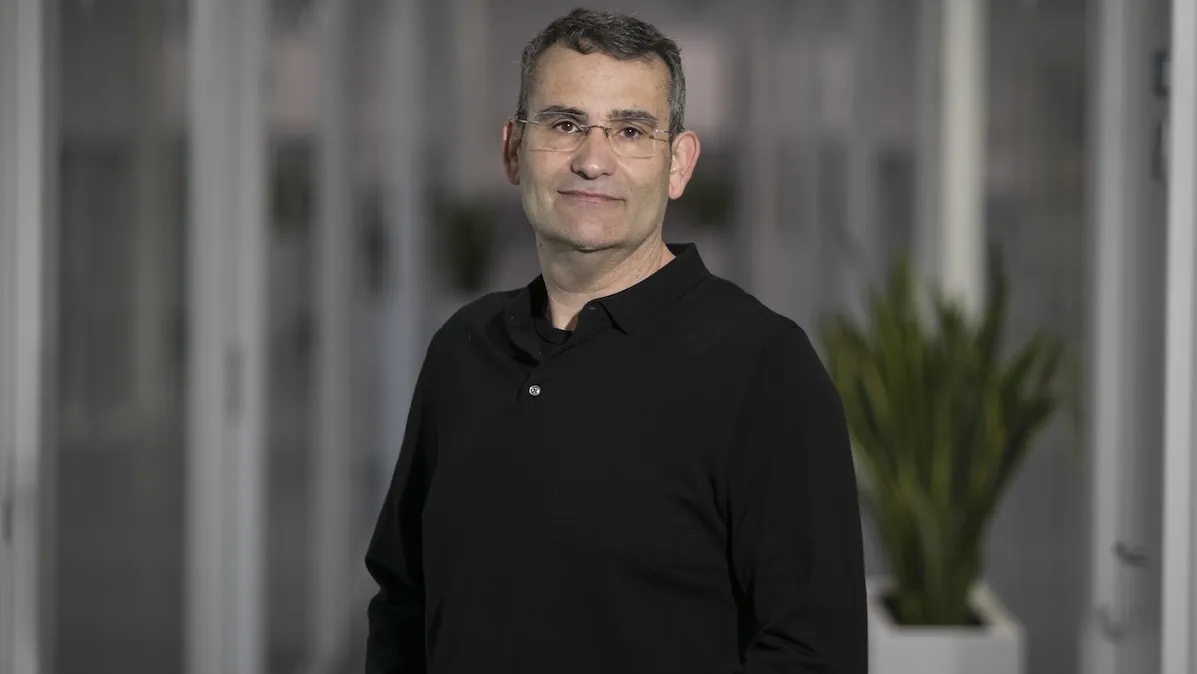If someone asked you today if you have digital well-being, what would you answer? This has been one of the questions that have centralized the I Study on Digital Wellbeing by ING whose results are, to say the least, worrying. Only 10% of Spaniards believe they have digital well-being. More than 54% consider it important to have a work disconnection protocol, but only 16% have one. He 63% believe it is essential to turn off the cell phone at key moments, but only 39% do so usually. And only 5.6% of those surveyed have in-depth knowledge about the pollution generated by the Internet, despite the fact that it far exceeds the aeronautical industry (ICT produces 5% of global greenhouse gas emissions while the sector shipping is responsible for 3% and aviation, for 2.1%).
If there is any type of knowledge about digital well-being, it is more about how the relationship with technology makes us feel and what effects the use of digital devices has on our health. “We are constantly subjected to stimuli, notifications and demands that alter our ability to concentrate and maintain an emotional balance,” explains Manuel Armayones during the meeting organized by ING to present the results of the study together with other experts in sustainability, mental health and technology. The doctor in psychology and expert in analyze the psychological effect of ICT, challenge us to leave the cell phone on the table, face down, with the sound of the notifications activated to see how long it takes us to pick it up “I’m sad, I’m going to the internet. I’m happy, too. I’m bored, more. It is difficult not to have dependence. Even more so when there is many applications that are designed to keep you hookedLet’s put it clearly, with a reward system based on dopamine, dopamine, dopamine,” says the expert.
The misuse of technology and its consequences
According to Luca Haltydoctor in psychology and researcher in digital mental health, human beings are born with the need to bond. The first link is with our reference figure and the basis of the link is emotional regulation. “Just as we bond with people, we bond with things”anticipates regarding the relationship we have established with the digital devices on which we accuse emotional dependence. “A healthy bond allows self-regulation. The reference figure helps children regulate themselves in the first moments but, in the end, the child regulates himself. “The misuse of technology generates the opposite.”explains the expert.
Today, 70% of people suffer from nomophobia (irrational fear of being without a cell phone for a period of time). And it is true that there are a multitude of procedures that we have at our fingertips through the telephone, but what it is about is making responsible and appropriate use of technology for our health. “Technology must be placed in its space, because it is not going to disappear and we need it”adds Luca Halty. According to the doctor in psychology and expert in digital mental health, in addition to applying a decalogue of good habits to reduce the exacerbated and unconscious consumption of technologies, we must begin by preparing future generations. Preventing them from stopping these devices are tools to regulate themselves emotionally and thus save that dependency that millions of people already accuse.
“Social networks are not neutral technologies, they have us hooked. We need a digital immune system to learn to regulate them emotionally and have habits to disconnect… or we have a problem,” explains Manuel Armayones. And here we can add some impressive data that allows us to see the impact of technology on our health and the environment:
- A third of the time we are awake is spent with our cell phone in our hand, that is, almost 5 hours a day.
- 4 hours watching videos on your cell phone pollutes the same as a car for 50 kilometers.
- Sending an email with an attachment is equivalent to leaving a light bulb on for 24 hours.
How to achieve digital well-being
After the study, ING has prepared a decalogue of good practices to raise awareness about the consequences of digital pollution and the effects that excessive consumption of the digital world has on health and the planet. We reproduce it below to join the action of promote digital well-being in our society.
- Become aware. If the Internet were a country, it is estimated that it would be between the fourth and sixth most polluting in the world. And, according to some studies, we Spaniards spend more time daily in front of screens than sleeping. These are data that can make us see the reality of an issue that we should not ignore.
- Turn off your cell phone at key moments. A small change that can be transformative. By activating airplane mode in those moments when we need to concentrate, we eliminate distractions and improve our ability to focus. In the long term, this habit can have a positive impact on mental health, allowing us to enjoy ourselves more, cultivate quality time, and strengthen social relationships with those around us.
- Practice digital cleansing. 60% of the emails we receive we don’t even open, creating a feeling that there is always something pending. We also save images that we will never use or see again, up to 83%. Disabling automatic file downloads or periodically deleting content from our social networks can contribute to the sustainability of our planet and reduce our “cognitive load.” We are interested in doing a digital Marie Kondo.
- Avoid rambling on social networks. Avoiding posting at odd hours, or simply focusing on the person we are with, without checking our cell phone, in addition to setting a maximum usage time so as not to wander, can improve our mental well-being. At the same time, all of this also serves to reduce the carbon footprint of our online activity.
- Customize or silence notifications. With every notification we receive, our body releases dopamine, the hormone associated with reward and pleasure, which gives us the need to always be connected.
- Avoid blue light before sleeping. Most of us check our phones right before going to sleep, but this habit can negatively affect the quality of our sleep. Make sure your last consultation is 2 or 3 hours before bedtime.
- Reduce downloads and shipping. Every time we download a GB of data or save something in the cloud, we are emitting 7 kilograms of CO2 and using 200 liters of water to cool data centers.
- Avoid impulsive consumption and abuse of certain tools. Watching looped videos accounts for more than 65% of global data traffic. Reducing the compulsive use of these tools not only benefits our mental health, but also helps reduce environmental pollution.
- Choose responsible services. When choosing digital services, the difference in environmental impact can be surprising. Imagine that, when using search engines, the greenest option can have a carbon footprint up to 74% lower than others.
- Disconnect to reconnect. Setting times when you step away from electronic devices can be a powerful way to revitalize your well-being. Dedicating time to activities without screens allows you to reconnect with yourself, enjoy the company of your loved ones or simply enjoy the sweet doing nothing. This balance between connectivity and rest can help improve our mental, social and environmental well-being.

